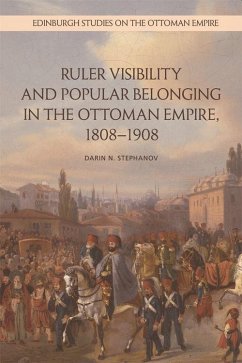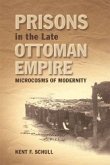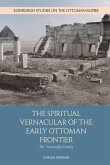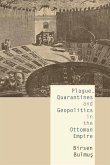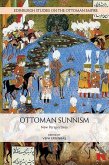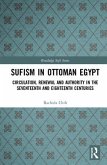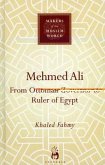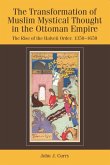A comprehensive narrative of nineteenth-century Ottoman cultural history This book argues that the periodic ceremonial intrusion into the everyday lives of people across the Ottoman Empire, which the annual royal birthday and accession-day celebrations constituted, had multiple, far-reaching and largely unexplored consequences. On the one hand, it brought ordinary subjects into symbolic contact with the monarch and forged lasting vertical ties of loyalty to him, irrespective of language, location, creed or class. On the other hand, the rounds of royal celebration played a key role in the creation of new types of horizontal ties and ethnic group consciousness that crystallized into national movements and, after the empire's demise, national monarchies. Key Features . Devotes a chapter to each of the four major sultans in the last century of the Ottoman Empire . Discusses the themes of Ottoman imperial power and ideology, public space/sphere, the Tanzimat reforms, 'millet', modernity, nationalism, governmentality, and the modern state . Synthesizes a new, thirteen-point model of modern belonging based on the concept of ruler visibility . Combines elements of micro and macro history, connecting core to periphery . Sources include a wide range of Ottoman archival documents, artistic production (poems, songs, prayers and eulogies, designs of fountains and clock towers), as well as newspaper articles, memoirs and personal correspondence in Ottoman and modern Turkish, Bulgarian, Russian, English, Hebrew, French and German Darin Stephanov is a Postdoctoral Researcher and Marie Curie COFUND Fellow at the Aarhus Institute of Advanced Studies in Denmark.

